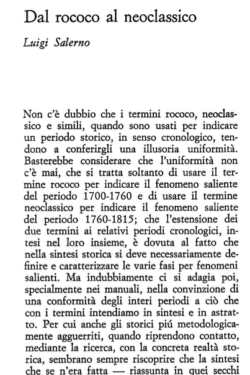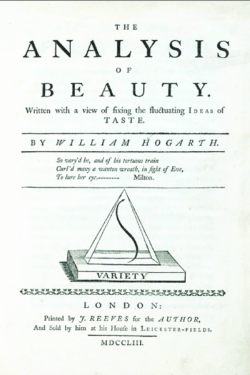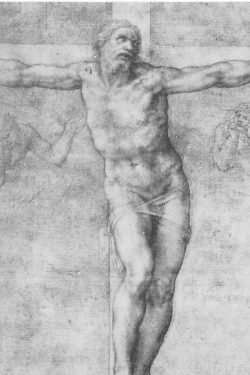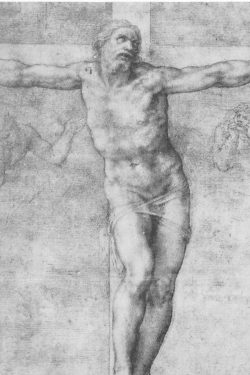Descrizione
Storia dell’arte 3, Luglio – Settembre 1969
Rosario Assunto
Un filosofo nelle capitali d’Europa. La filosofia di Leibniz tra Barocco e Rococo
The aesthetics of Leibniz is reconstructed, like that of all philosophies, registering all the annotations, also indirect, of the way in which he conceived the aesthetic category and the internal variations of this. A reading of this type conducted in synchronization with the artistic production of which Leibniz, in the course of his animated life, was a not indifferent onlooker, and in some cases a critical witness, will agree to recognise there in the two concepts of harmony and charm, that they are the hinges of Leibnizian metaphysics, a speculative category of the direction of the taste and the European art of the 17th and 18th centuries. It is in fact universally recognised that Leibniz is the philosopher par excellence of the baroque period; and the Leibnizian conception of harmony with all its interna! variations can effectively conduct us in a philosophical exploration of the European baroque in all its diverse manifestations, up to the Viennese, in which Leibniz, as has already been brought to light by Sedlmayr, was for his part active. It is necessary to add, however, that the posthumous luck of the Principes de la Nature et de la Grace fondés en raison (The principles of Nature and Charm founded on Reason), — written in 1714 but published in 1718 — had to provide ample theoretical justification to the rococo taste, especially in that it was founded on the aesthetic idea of charm, that was the antithesis of austerity, or, if one wishes, of the sublime baroque. And certain Leibniz metaphors, like that of the mirrors, certain celebrations of the infinitely small as gifted with equal ontological dignity as that of the infinitely large, had by various paths to come to the purchasers of the 18th century glass cases, and to provide a more or less indirect philosophical confirmation of their artistic programme; in which the best Leibniz metaphysics had to be embodied in a joyful and gallant joie de vivre.





